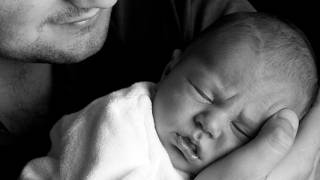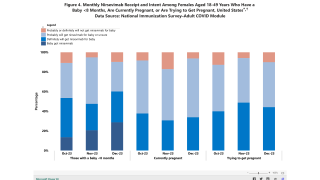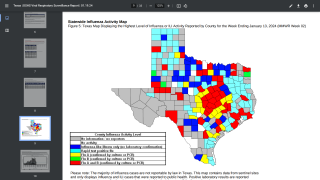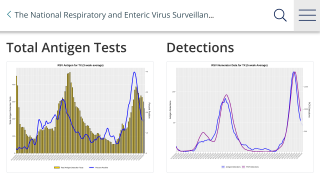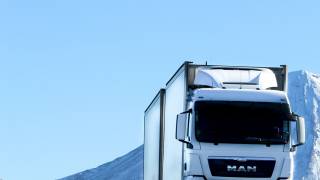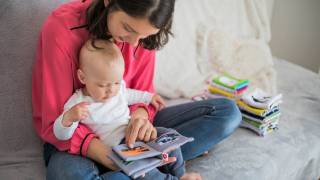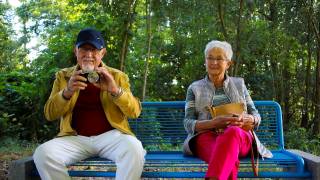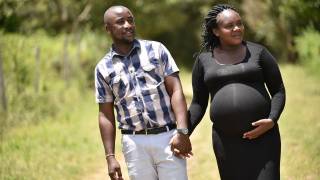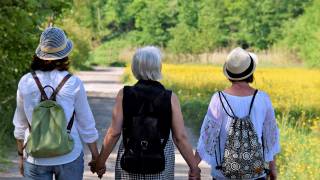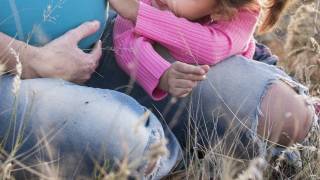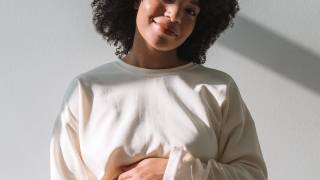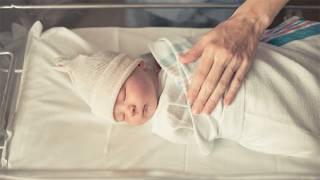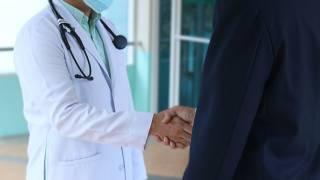Passive Immunization Will Protect More Infants this RSV Season

As the respiratory syncytial virus (RSV) activity ramps up for the 2024-2025 season, more children will have access to an innovative therapy this year.
Sanofi U.S. announced today that it is shipping BEYFORTUS™ 50mg and 100mg injection doses to private healthcare providers in the United States.
BEYFORTUS (Nirsevimab-alip) is the first and only long-acting monoclonal antibody approved for the prevention of RSV lower respiratory tract disease (LRTD) in newborns and infants born during or entering their first RSV season and for children up to 24 months of age who remain vulnerable to severe RSV disease through their second RSV season.
BEYFORTUS is not an RSV vaccine but offers passive immunization.
Bridgewater, N.J.-based Sanofi stated it anticipates having enough supply so that every eligible baby born outside of the season will have access to immunization at a regular checkup, and those born during the season will have access at birth.
Thomas Grenier, Head of Vaccines, North America, Sanofi, commented in a press release on September 16, 2024, "We're proud to offer BEYFORTUS doses to help protect every eligible baby in the U.S. this RSV season."
"This upcoming season, we look forward to BEYFORTUS offering its demonstrated real-world protection to as many infants as possible."
Sanofi also took additional measures to ensure greater readiness for this season by launching the BEYFORTUS Reservation Program, which provides critical insight into private healthcare provider demand and allows for prioritized fulfillment of requests placed through the program.
Furthermore, the Centers for Disease Control and Prevention's Vaccines for Children program will help ensure that the majority of doses are available before RSV season.
As of May 2024, about 41% of women with young infants reported that their child had received BEYFORTUS.
This announcement is essential as RSV is a highly contagious virus that can lead to serious respiratory illness in infants. Two out of three infants are infected with RSV during their first year of life, and almost all children are infected by their second birthday.
Our Trust Standards: Medical Advisory Committee






